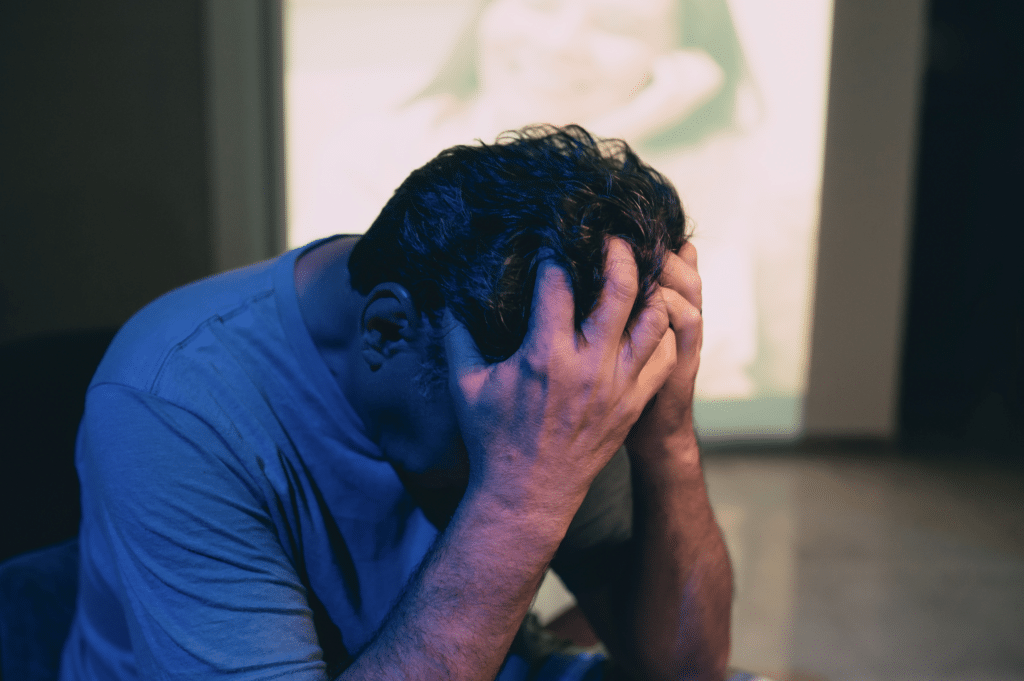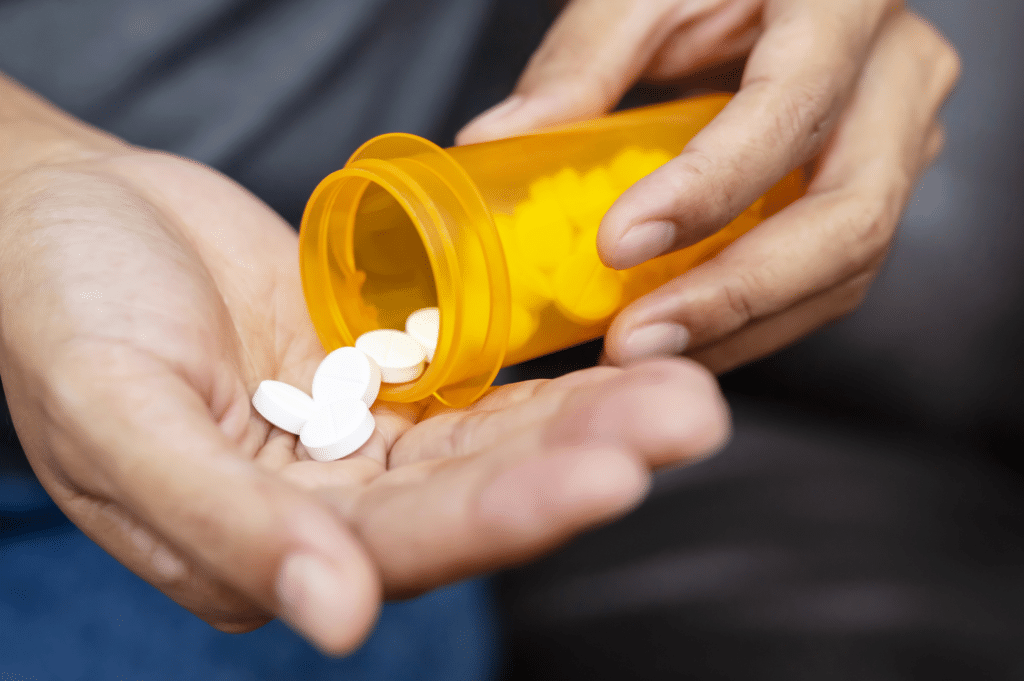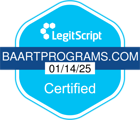Individuals who use opioids for acute, moderate or severe pain relief can be at risk of developing an addiction. This can stem from how opioids alter the way the brain works, releasing “feel good” hormones that produces a euphoric sensation. Over time, continuous use of opioids can cause the brain to depend on the release of these “feel good” chemicals daily, setting the stage for opioid addiction. When a person with an opioid addiction suddenly stops using opioids, they’re likely to experience intense cravings and painful withdrawal symptoms, signaling a dependence. Recognizing the signs of opioid addiction, both physical and behavioral, is crucial for early detection and providing the necessary support.
Behavioral Signs of Opioid Addiction
It’s not always easy to determine when a person has an opioid addiction, particularly when they were prescribed opioids for medical reasons. However, there are certain behavioral changes that can signal an addiction. Here are some behavioral signs of opioid addiction that you can easily spot:
1. Unusual happiness or euphoria
The dopamine released by opioid medication can make the individual feel high for several hours after the drug has been taken and make the person crave more.
2. Extreme mood changes
An individual may experience rapid mood swings from a very positive, highly motivated attitude to one in which the person feels depressed and can’t see any reason to make an effort to succeed.
3. Withdrawal from social activities
One of the early signs of opioid addiction includes withdrawing from social interactions or preferring to spend time alone. The person may avoid events and gatherings they once enjoyed.
4. Dishonesty and secrecy
An individual with an opioid addiction will often hide their drug use, lying about the amount they’re taking and keeping their activities a secret from friends and family members.
5. Financial issues
The increasing need for opioids can lead to financial strain, with individuals borrowing money, accumulating debt, or resorting to stealing money to finance their opioid addiction.
6. Problems at work and home
The individual’s erratic behavior and the need for secrecy can affect performance at work and disrupt family life, leading to conflicts and instability.
7. Legal troubles
An individual with an opioid addiction may end up committing illegal actions such as driving under the influence of drugs, or other activities that could result in legal consequences.
8. Neglecting responsibilities
The preoccupation with obtaining and using opioids can cause a person to neglect their responsibilities at home or work.
9. Taking more medication than prescribed
To reduce cravings and avoid painful withdrawal symptoms, a person with an opioid addiction may start taking more medication than prescribed every day.
10. Doctor shopping
An individual may seek more medication by visiting different healthcare providers or doctors without telling them that they have already received a previous prescription for the same drug.

Physical Signs of Opioid Addiction
While the behavioral changes linked with opioid addiction can be hard to notice, the physical signs tend to be more clear. Here’s what you might notice:
1. Drowsiness
This is a common symptom of excessive opioid use. An individual using opioids may start to nod off at inappropriate times.
2. Changes in sleep patterns
People might sleep way too much or not enough at all, showing how opioids can mess with one’s sleep patterns.
3. Weight loss or gain
Losing or gaining weight unexpectedly can be a sign, as opioids can make someone eat a lot more or a lot less.
4. Small pupils
Often referred to as “pinpoint pupils,” this is a major sign of recent opioid use.
5. Red, itchy skin
Opioids can cause an individual’s face to get red. You might also notice the individual frequently scratch or pick at their skin.
6. Constipation
Opioids use can slow down the digestive system that can lead to someone being constipated or experiencing trouble using the bathroom.
7. Poor hygiene
As the addiction progresses, individuals using opioids may neglect personal grooming or cleanliness.
8. Slurred speech
Since opioids affect the brain, an individual may have trouble speaking clearly or slurring their words.
9. Frequent flu-like symptoms
If someone often feels like they have the flu (fever, coughing, sneezing), it might actually be withdrawal symptoms showing up when the individual is not on the drug.
What to Do if Someone You Love Is Showing Signs of Opioid Addiction
Learning that a close friend or family member is struggling with opioid addiction can be emotionally devastating. You likely feel helpless if you are watching any of the behavioral or physical signs listed above. While their road to recovery will be difficult, there are some concrete steps you can take to support them:
- Educate yourself on opioid addiction so you can understand what your loved one is going through. This knowledge will help you respond more compassionately.
- Voice your concerns to your loved one directly but gently. Avoid blaming them but let them know you care about their wellbeing and want to help. Consider holding an intervention with other loved ones.
- Help your loved one find a treatment center suited to their needs. Accompany them to appointments or support group meetings whenever possible to show solidarity.
- Take care of your own mental and physical health during this stressful time. Seek counseling or join a support group. Set boundaries with your loved one if necessary.
- Never give up hope. Addiction is a chronic disease that requires lifelong management. Support your loved one through relapses or setbacks. Celebrate small wins and milestones reached on their recovery journey.
The road ahead will likely be long and difficult at times but know that treatment and sustained support from loved ones can help those with opioid addiction regain control of their lives. You have an important role to play as a caring friend or family member.

Start Your Recovery from Opioid Addiction at BAART Programs
If you discover that you or a loved one is showing signs of opioid addiction, it’s important to seek urgent help. At BAART Programs, we offer medication-assisted treatment (MAT), along with counseling to help individuals overcome opioid addiction. For more information, find one of our BAART Programs near you or send us a message today.



